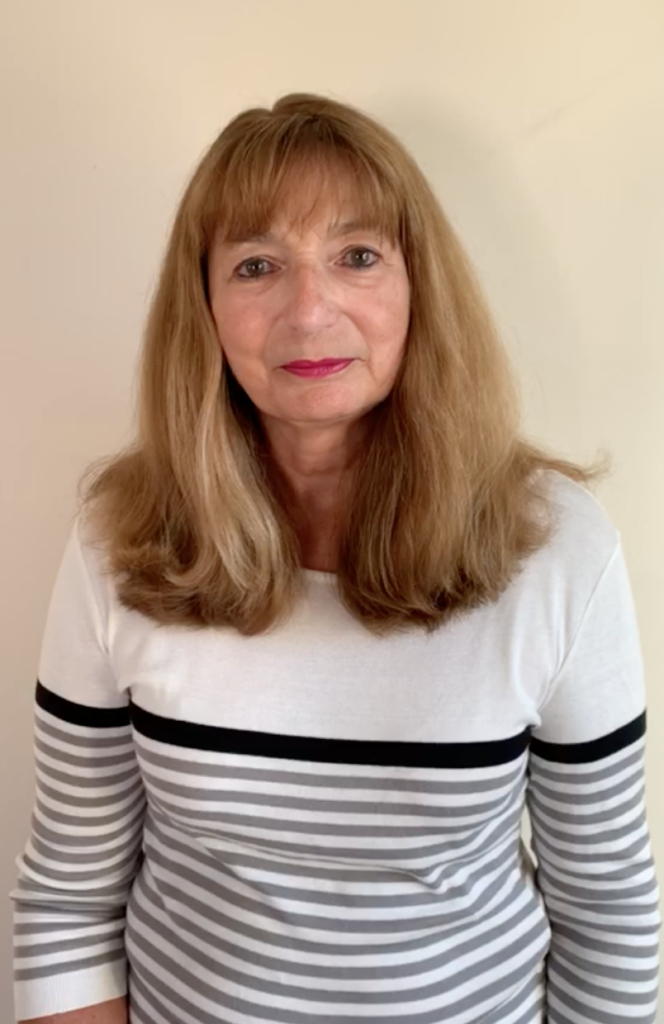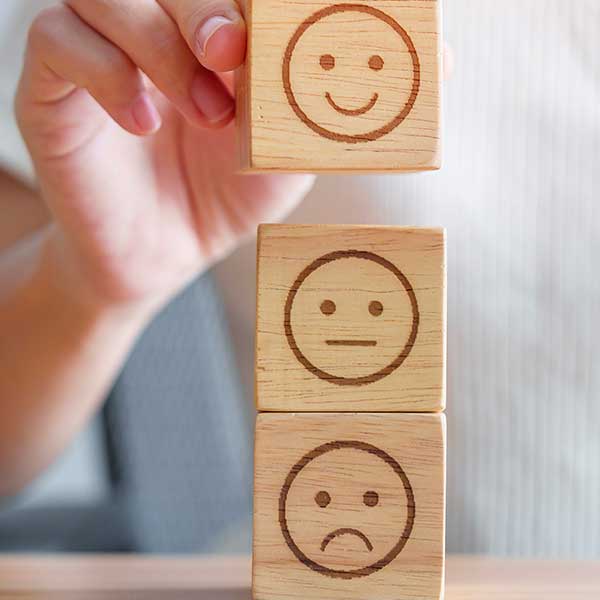The latest report from the European Union Intellectual Property Office (EUIPO) and the Organisation for Economic Co-operation and Development (OECD) highlights the dangers of counterfeit medicines for patients as well as the challenges posed by this form of illicit trade for governments and health care companies. The trend has only been exacerbated by the current health emergency created by COVID-19, with people worried about how to deal with this new unknown danger, which still has no approved vaccine or treatment, and the spread of potentially harmful fake products and medicines.
Servier has long been committed to combating counterfeit medicines and is now working harder than ever for World Anti-Counterfeiting Day. One of its latest initiatives in this field is the global campaign We Rely on You, We Rely on Youth, launched on 10 June in partnership with Ipsen, Sanofi, and the Youth Internet Governance Forum and designed to raise awareness among young people about the dangers of fake medicines. Interview with Catherine Boudot, Director of Trademarks and Fight against Falsification at Servier.

What pharmaceutical products are currently most affected by counterfeiting?
Catherine Boudot: All medicines are vulnerable to the threat of counterfeiting, across all therapeutic areas. Between 2014 and 2016, most customs seizures were of antibiotics, painkillers, and lifestyle drugs, but the authorities also seized counterfeit medicines for malaria, HIV, diabetes, cancer, and heart disease. Counterfeiting is currently on the rise due to the unprecedented health emergency created by the coronavirus pandemic. Counterfeiters have been quick to exploit people’s fears. The internet and social networks are awash with adverts for supposed treatments, tests, and medical devices for the novel coronavirus This illicit trade is so profitable for criminals that they are prepared to do whatever it takes to make money from it.
What are the dangers of counterfeit medicines?
CB: They pose major health risks and safety threats for the patients, who are unable to spot fake medicines and, quite often, have no idea that the risk even exists. In most cases, fake medicines have no effect (they contain no active ingredient), but they may also contain the wrong dose, toxic ingredients, or potentially lethal impurities. They can cause major adverse events and complications, not just for the individual but for the whole of society, due to the problem of drug resistance. According to the London School of Hygiene and Tropical Medicine, an additional 116 000 malaria deaths each year could be attributable to substandard or falsified antimalarial medicines in sub-Saharan Africa.
Furthermore, the EUIPO/OECD joint study explains the negative economic impact that counterfeit trade is having on the pharmaceutical industry and its reputation. The report values international trade in counterfeit pharmaceuticals at a total of €4.03 billion*! Not to mention the cost of treating patients harmed by taking fake medicines, the environmental pollution caused by dirty manufacturing practices without any respect for standards, and the social costs (over 80 000 jobs directly affected in the European Union alone).
What are the challenges?
CB: Every country is potentially affected by the influx of counterfeit medicines into its legal distribution chain, especially countries where informal distribution is more widespread. Online, countries are having to deal with the persistent growth of rogue pharmacies which sell counterfeit medicines via postal shipments, making them hard to detect. Governments and industry have been working hand in hand to combat this offer of counterfeit medicines. The actions taken range from legislative measures to initiatives to address the problem, in particular crime-fighting programmes run by INTERPOL, EUROPOL, and the WHO.
What has Servier done to combat the counterfeit medicines trade, especially since the outbreak of the COVID-19 pandemic?
CB: For over 15 years we have had an active anti-counterfeiting policy to improve our detection, prevention, and response to this threat. When adverts first began falsely claiming to be able to treat, protect against, and cure COVID-19, we set up a monitoring operation for one of our products and so far, we have not uncovered any illicit adverts. Under the partnership agreement signed with the OCLAESP** in January 2020, we have also been working with G5 Santé laboratories in France on the quick implementation of an information-sharing and monitoring system for illicit adverts for fake treatments or fake diagnostic tests, both online and across the social networks. Servier is also a member of the IFPMA*** which, in March, as part of its Fight the Fakes programme, launched a campaign to raise awareness on the risks of fake medicines and vaccines that claim to treat COVID-19.
Finally, and on a broader scale in line with the World Anti-Counterfeiting Day on 10 June, we are proud to launch a new global campaign in partnership with Ipsen, Sanofi, ASOP EU**** and the Youth Internet Governance Forum, designed to inform young people about the dangers of fake medicines sold online, called We Rely on You, We Rely on Youth. These joint initiatives all demonstrate the ability of the public and private sector (law enforcement, pharmaceutical laboratories, civil society) to unite against the dangers threatening the lives of patients and undermining our industry. We all have a part to play against pharmaceutical crime, and we must continue our efforts to stem the tide.
*Report published by the European Union Intellectual Property Office (EUIPO) and the Organisation for Economic Co-operation and Development (OECD).
**Central Office for the Protection of the Environment and Public Health (France).
***International Federation of Pharmaceutical Manufacturers & Associations.
**** Alliance for Safe Online Pharmacy
We Rely on You, We Rely on Youth alerts young people about the dangers of buying counterfeit medicines online.
In preparation for World Anti-Counterfeiting Day, Servier has teamed up with Sanofi, Ipsen, and the Youth Internet Governance Forum, through ASOP EU*, to launch a new campaign designed to inform young people about the dangers of fake medicines sold online. Dubbed We Rely on You, We Rely on Youth, this campaign will run from 10 to 25 June in 11 countries: India, Indonesia, Ivory Coast, Kenya, Lebanon, Nigeria, Philippines, Poland, Romania, Russia, and Ukraine. In each country, ambassadors will be tasked with bringing together local communities of young people then holding online debates and workshops across the social networks, in order to teach them more about the risks of buying fake medicines on the internet. They have been given a range of resources to encourage discussion, including a quiz, a film about the “Fight the Fakes” campaign, a Do’s and Don’ts poster, and real-life stories from other young people.
* Alliance for Safe Online Pharmacy
Key facts
100% of therapeutic areas are affected by counterfeit medicines (WHO, 2017).
10% of medicines sold in developing countries are substandard or fake (WHO, 2017).
96% of all global online pharmacies are operating illegally (LegitScript, January 2016).
€1.7 bn is the estimated cost to EU governments of lost revenues due to the sale of counterfeit medicines*.
The number of people buying medicines online in the United States has quadrupled in less than 10 years*.
Between 2014 and 2016, 96% of customs seizures of pharmaceutical products involved postal and express mail services*.

